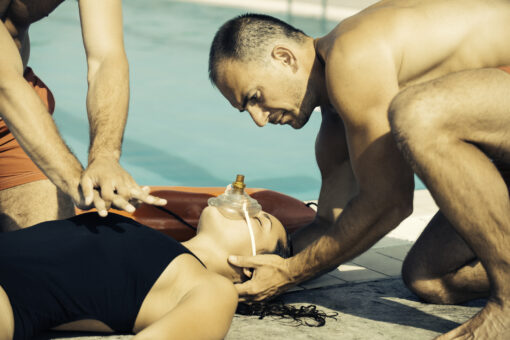
The Danger in a “Near Drowning”
When a person drowns without dying, it is often referred to as a “near-drowning.” This can lead to severe brain damage, broke bones, spinal cord injuries, cuts, and many other injuries. Some of these injuries are caused by a person trying to save themselves. In other situations, a person might first become injured, for example, falling and hitting their head and then drown as a result of the injury.
Pool Drownings Can Occur in Many Ways
Swimming is a wonderful activity that many people enjoy and that provides great exercise. However, it can also be dangerous – especially for children. Drownings are most common in pools and often occur due to poorly maintained equipment, unsafe equipment, a lack of adequate barriers around the pool, lack of supervision, and an overall lack of a safe environment.
A Homeowner Can Be Found Liable if Someone Drowns in Their Pool
Drownings are often called accidents, but that is not always the case. Anyone who owns a pool has a legal responsibility to take certain steps to keep their pool as safe as possible. If they choose not to do so, they can be found liable and responsible for the damages the victim suffered. If the accident occurred due to faulty equipment, then the manufacturer of the equipment could be found negligent and responsible for damages.
The Difference Between Negligence and an Accident
When determining if a drowning truly was an accident or if it was an issue of negligence, the law looks at what a reasonable person would have done. Did the owner of the property take reasonable steps to protect those who were swimming, or to prevent uninvited guests from swimming? Did the owner provide a reasonably safe environment?
If not, they can be held accountable. This is often the case with negligent supervision, in which the owner did not provide the required supervision for swimmers. For example, if a person had a pool and invited the neighborhood kids over for a swim, but then left the home to run errands and a drowning occurred, that owner could be held responsible for allowing swimming without adult supervision.
If you have lost a loved one or a loved one has suffered a severe injury due to a drowning or near-drowning, contact Law Offices of Michael A. Kahn at (310) 209-1600 for a free legal consultation.

